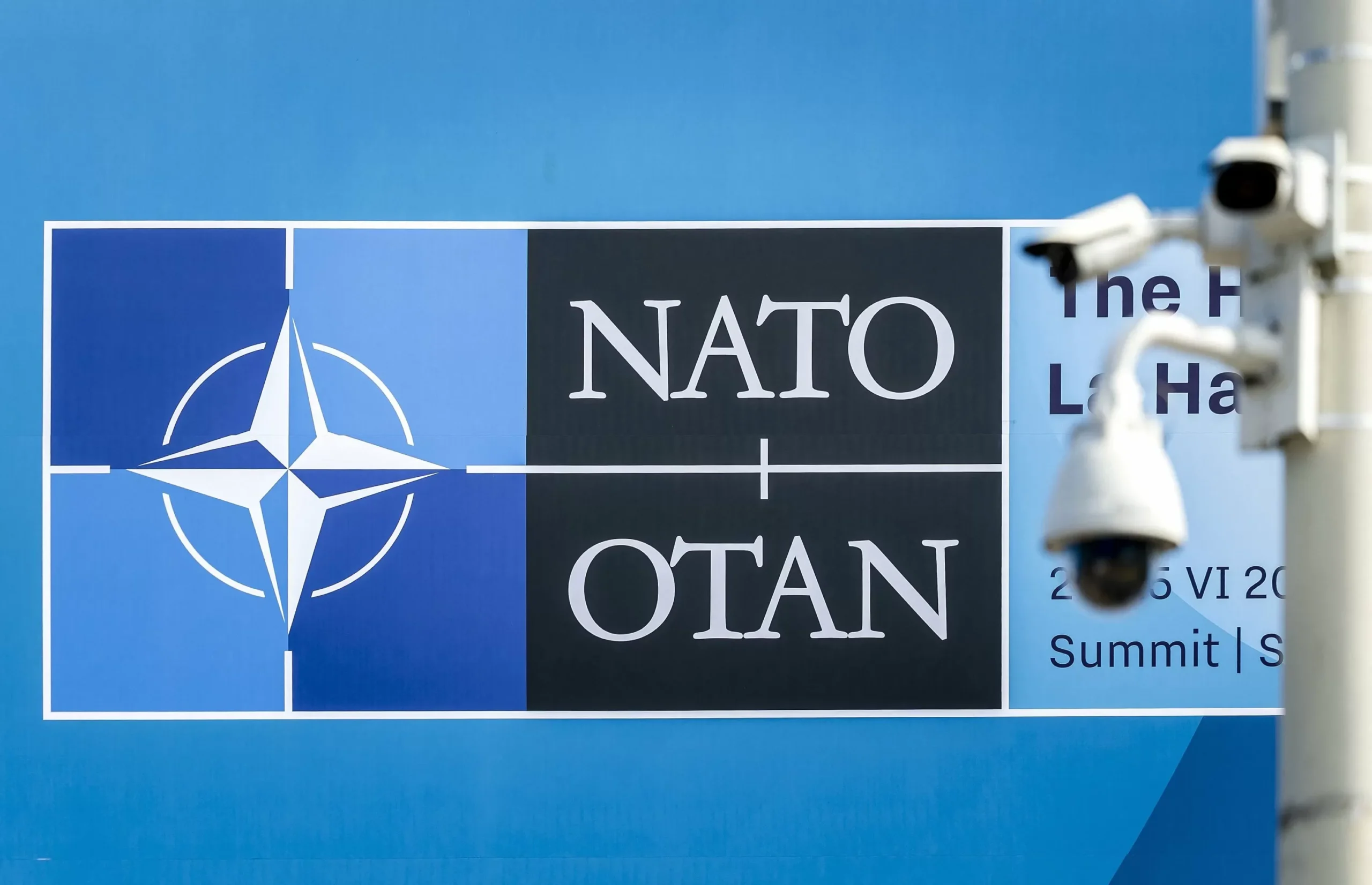In a surprising move, Spain has requested to opt out of NATO’s proposed plan to increase member states’ defense spending to 5% of their gross domestic product (GDP). This decision has the potential to complicate negotiations within the alliance and has raised questions about Spain’s commitment to collective defense.
NATO, or the North Atlantic Treaty Organization, is a military alliance of 30 European and North American countries. Its main purpose is to ensure the security and defense of its member states through collective defense and cooperation. In 2014, member states pledged to increase their defense spending to 2% of their GDP by 2024. However, in recent years, there have been calls to further increase this spending to 5% in order to better equip and prepare the alliance for any potential threats.
While most member states have agreed to this proposal, Spain has expressed reservations. Spanish Prime Minister Pedro Sánchez stated that his country’s economy has been greatly impacted by the COVID-19 pandemic and it would not be feasible for them to increase their defense spending at this time. He also emphasized that Spain remains committed to NATO and will continue fulfilling its obligations as a member state.
This decision has sparked mixed reactions within the alliance. Some member states have expressed disappointment, citing the need for a strong and united front against potential threats. However, others have shown understanding and solidarity with Spain’s current economic situation. This has also raised questions about the effectiveness of the 2% target and whether it is realistic for all member states to reach it by 2024.
One of the main concerns about Spain’s request to opt out of the proposed plan is the potential impact on NATO’s capabilities and readiness. With the global security landscape constantly evolving, it is important for the alliance to be well-equipped and prepared to respond to any potential threats. However, it is also important to consider the economic realities of each member state and not burden them with unrealistic expectations.
Spain has been a valuable and committed member of NATO since its accession in 1982. It has participated in numerous missions and operations, demonstrating its dedication to collective defense. Therefore, it is important for the alliance to find a solution that takes into account Spain’s current economic situation while also ensuring the alliance’s strength and readiness.
Moreover, Spain’s request to opt out should not be seen as a lack of commitment to NATO or its allies. It is important to understand that every member state has its own unique challenges and priorities. The COVID-19 pandemic has had a significant impact on economies around the world and it is understandable that countries need to prioritize their spending in order to recover.
In the face of this challenge, it is important for NATO to remain united and find alternative ways to strengthen the alliance. This could include increasing cooperation in areas such as intelligence sharing, cybersecurity, and joint military exercises. It is also crucial for NATO to adapt to the changing security landscape and focus on emerging threats such as cyber attacks and hybrid warfare.
In conclusion, Spain’s request to opt out of NATO’s proposed plan to increase defense spending to 5% of GDP may complicate negotiations within the alliance. However, it is important to understand and respect Spain’s current economic situation. The alliance must find a solution that balances the need for a strong and united front with the economic realities of its member states. Ultimately, NATO’s strength lies in its unity and solidarity, and it is important to continue working together towards a safer and more secure future for all.





![Complete BritRail Pass Guide [Types, How to Use It, Pros + Cons]](https://inside-news.uk/wp-content/uploads/2025/06/00221EB4-BCA2-4DBB-6CD4-83DBC37D71FA-120x86.webp)
















